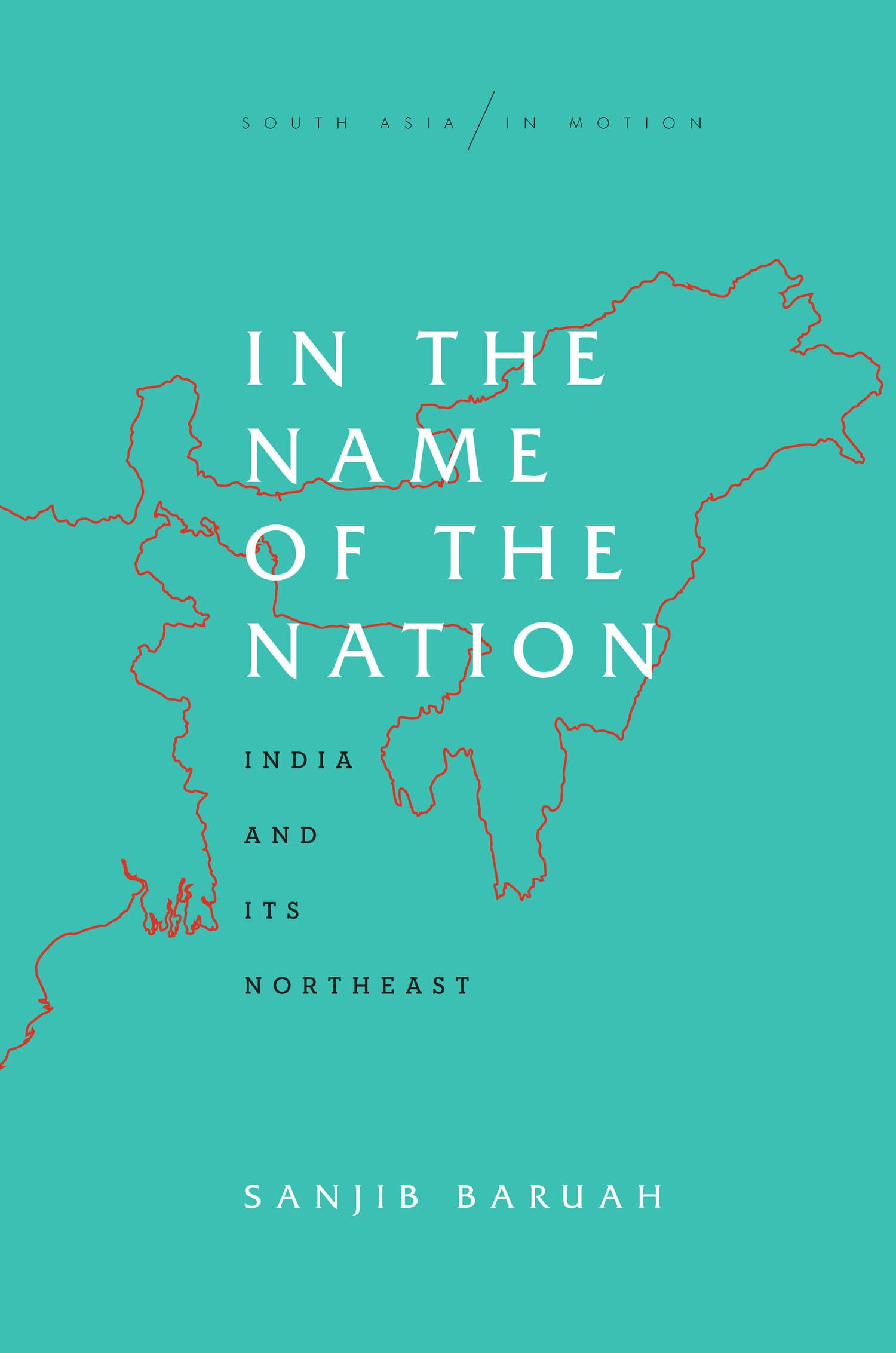Cross Currents

Northeast Asia stands at a turning point in its history. The key economies of China, Japan, and South Korea are growing increasingly interdependent, and the movement toward regionalism is gaining momentum. Yet interdependency, often set in a global context, also spurs nationalism in all three countries, and beyond in East Asia. The essays in this volume assess current interactions — or cross currents — between national and regional forces in Northeast Asia, and suggest their future direction.
Cross Currents features provocative, plain-spoken contributions from a range of eminent international scholars and practitioners. They address key questions facing the region today: What competing visions of regional integration are being considered in Northeast Asia? Will they be realized? How do national pressures, especially the renewed China-Japan rivalry, stunt the movement toward regionalism? What role can Korea play to mitigate tensions between the two archrivals? How does the United States figure in Northeast Asian regionalism? Do America's Cold War alliances still have currency?
By addressing these questions from both Asian and U.S. perspectives, Cross Currents sheds new light on the interplay of national and regional forces in this strategic part of the world. Reformulating these interactions constructively is one of Northeast Asia's most pressing contemporary challenges.




